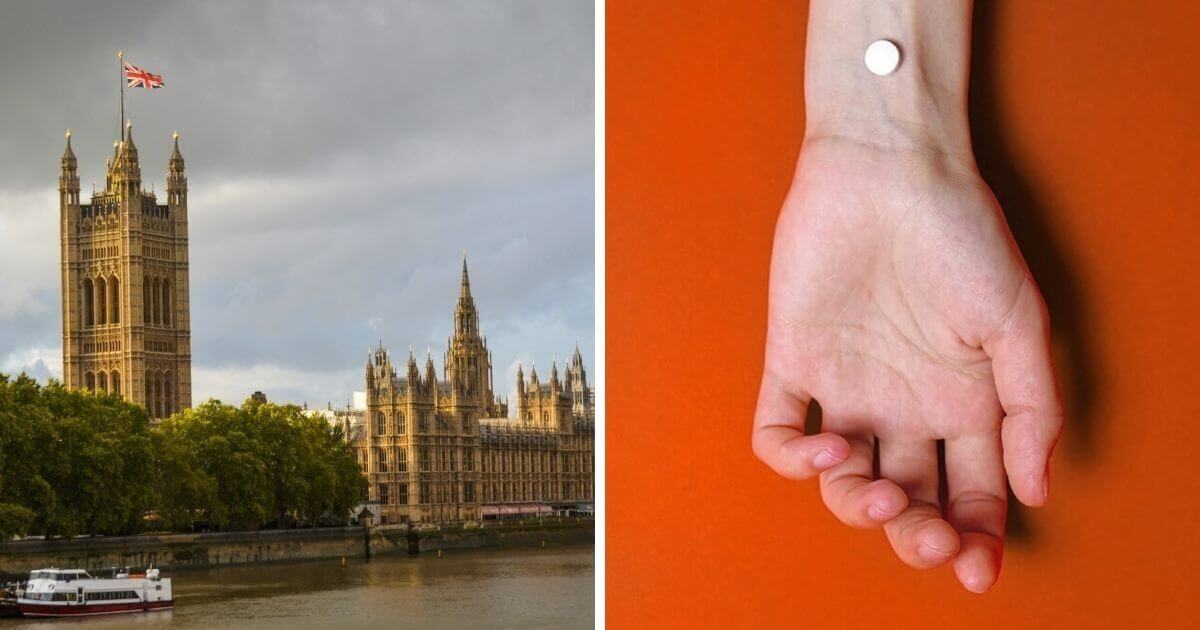70% of respondents to the Government consultation on ‘DIY’ abortions want the provision to end immediately.
Between 26 November 2020 and 26 February 2021, the Department of Health and Social Care consulted the public on whether to make the temporary provision of ‘DIY’ abortion a permanent feature of the law in England.
‘DIY’ abortion allows a woman to have an abortion without ever having an in-person consultation with a medical professional, and was instituted as a temporary measure due to the COVID-19 pandemic.
Overwhelming support for measures to end
Results from the consultation show overwhelming support for the Government’s decision to wind down the services and make sure no more women are put at risk due to the temporary provision from 30 August 2022, with 70% of respondents saying the policy should end immediately and only 22% saying it should remain permanently.
Of the 18,834 respondents, 78% said that post-pandemic there are benefits “in relation to safeguarding and women’s safety in requiring them to make at least one visit to a service to be assessed by a clinician”. 69% said ‘DIY’ abortions had had a negative impact on the provision of abortion “with a particular regard to safety”.
45% of women who had a ‘DIY’ abortion “felt that there were benefits in relation to safeguarding and women’s safety in requiring at least one visit to a service to be assessed by a clinician” compared to only 22% who said there would be disadvantages.
Respondents from Clinical Commissioning Groups (CCGs) and NHS trusts reported that “the temporary measure had increased presentations to emergency departments and that other general hospital services, such as ambulance services, had been impacted by the temporary measure”. These groups also “highlighted concerns about increased safeguarding risks – for example, for people with learning disabilities”.
Respondents to the consultation also raised concerns about the safety of women especially with regard to “women being coerced into an abortion when they are not physically being seen in a service”.
The consultation outcome states: “Safeguarding organisations responded that there are very significant advantages for all those aged under 18, and those under 25 who are care experienced, to be seen at least once for an assessment by a clinician. They also expressed the view that face-to-face clinical assessment reduces the risk from those who sexually exploit children, manipulate the system or force their victims to obtain an abortion. Some individual health professionals reported that safeguarding is improved when patients are seen in person”.
A Scottish Government consultation also found low levels of support for making ‘DIY’ abortion a permanent feature of the law with only 17% of respondents in favour of its continued provision.
Right To Life UK spokesperson, Catherine Robinson, said: “It is clear from this consultation that there is very strong support from the public for these dangerous measures to be ended immediately, with 70% of respondents stating so. It is therefore disappointing that the provision has not been ended on its planned end date of 30 March 2022. Nevertheless, we do welcome the Government’s decision to ensure that women get an in-person appointment before having an abortion and make sure no more women are put at risk by the temporary provision from 30 August 2022”.












